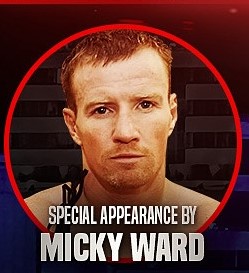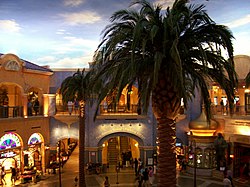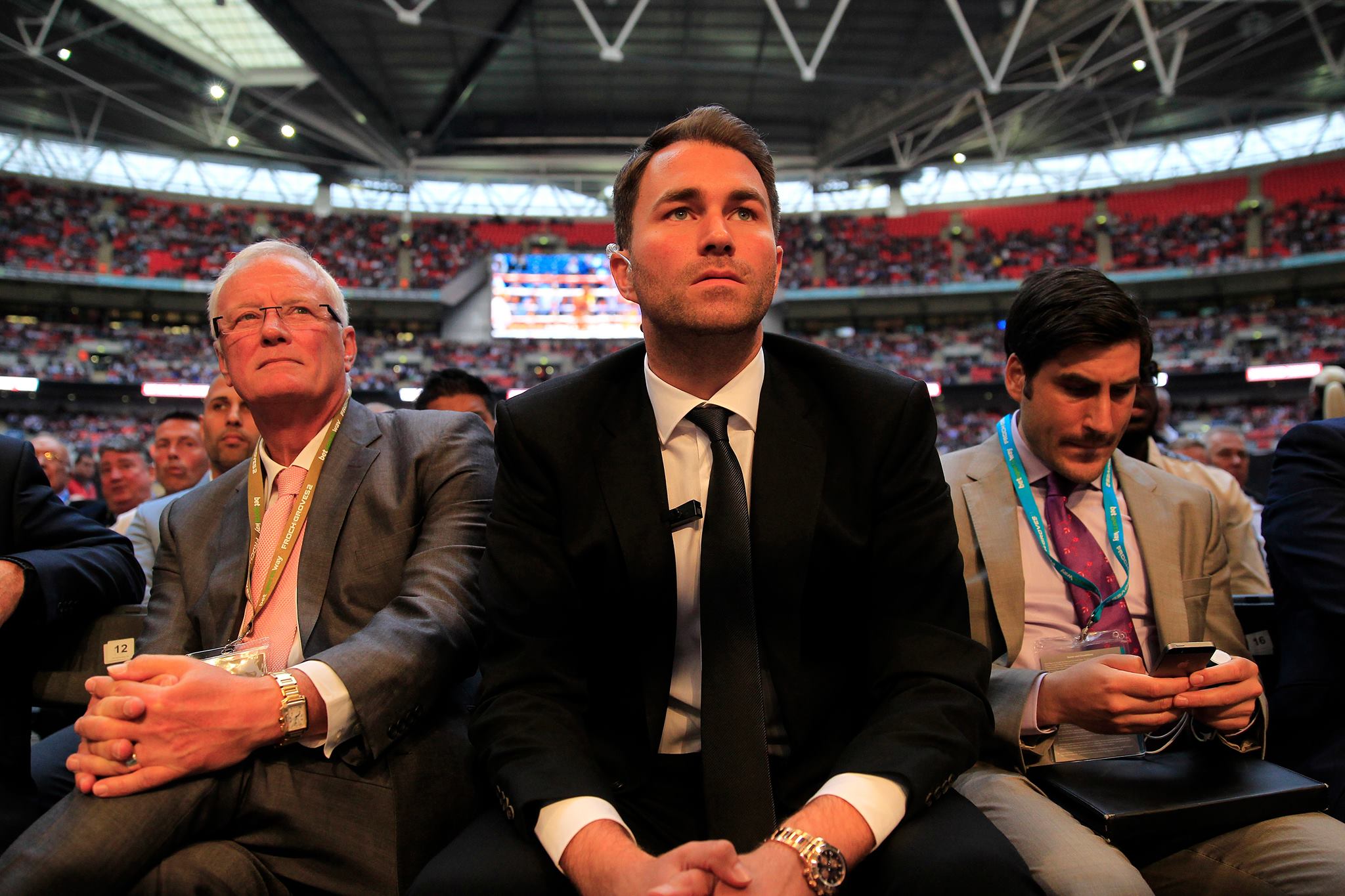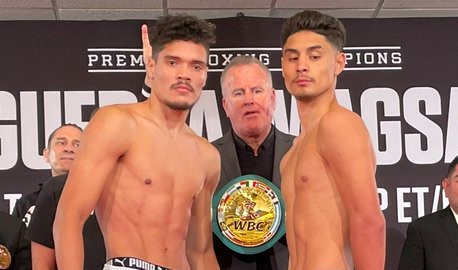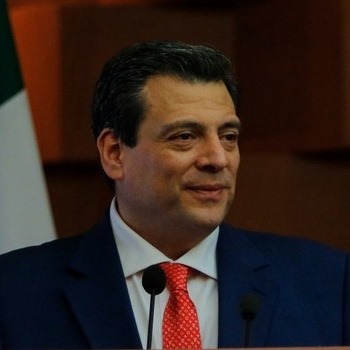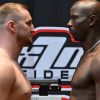by Roman Kolaczek
Boxing has been a mainstream sport for over a century. Many generations have had great heavyweight champions, many of them household names all over the world. Anytime a major fight between two outstanding heavyweights occurs, the same question arises: who is the greatest of all time? Today, most are saying that this extraordinary heavyweight is Muhammad Ali.

However, if you asked fans in the 1910s, you would get a different answer. They would probably have said Jack Johnson. A decade later, they would likely have said Jack Dempsey. By the 1940s, the answer would be Joe Louis, the great “Brown Bomber.” Later still, in the 1950s, many fans would have picked Rocky Marciano as the greatest. And of course, by the mid-1970s, most regarded Muhammad Ali as the greatest of all time. Since then, Ali has remained “The Greatest,” even in spite of many great champions following him, such as Larry Holmes in the 1980s, Mike Tyson in the 1980s and 1990s, Lennox Lewis in the 1990s, Evander Holyfield in the 1990s, and now, the Klitschko brothers.
As they say, Muhammad Ali could “float like a butterfly and sting like a bee.” However, without insulting Ali, it may be time to ask whether his qualities are still enough to define history’s greatest heavyweight champion. It may now be time to consider another warrior as the heavyweight division’s new “greatest.”
I propose that it is time to honor Vitali Klitschko as history’s all-time greatest heavyweight champion. No doubt, many will consider this suggestion bold. But let us look at the facts. Klitschko has fought most of the leading contenders, and after 15 years of boxing and 44 fights, he has an incredible 90% knockout percentage. Not only has Klitschko won most of his fights, but, incredibly, he has rarely lost a single round in any of his bouts. His only two career losses were due to injuries suffered in fights that he was handily winning. The two fighters who beat Klitschko – Chris Byrd and Lennox Lewis – were behind on the scorecards and on their way defeat when Klitschko was compelled to retire because of injuries, and only because of injuries.
In 2008, after four years of retirement, Klitschko launched a comeback, regaining the heavyweight title and demolishing all eight opponents he fought. Dangerous, highly rated fighters such as Samuel Peter, Chris Arreola, Juan Carlos Gomez, and Odlanier Solis, among others, have faced Klitschko, only to be pounded into TKO or KO defeat. That Klitschko could be so dominant after coming back from four years of inactivity is amazing. At the age of 40, Klitschko is still in perfect shape and continues to deliver the high quality athletic performances that are normally expected only from men ten years younger.
As champion, Klitschko ducks nobody. His opponents are limited only to those contenders who are at the very top of the WBC rankings. Remarkably, Klitschko is a champion that is willing to fight on the road, to defend in his challenger’s hometown. He recently defended his title against Polish hero Tomasz Adamek in Wroclaw, in an arena filled by 44,000 pro-Adamek fans. As usual, Klitschko demolished his challenger in dominant fashion.
Klitschko’s performances in the ring are more than sufficiently impressive to rank him alongside history’s greatest heavyweight champions, and to argue that he could have beaten anyone who ever fought. Equally striking, however, are Klitschko’s accomplishments and behavior outside of the ring. It is very rare, perhaps even unprecedented, that a heavyweight champion has matched Klitschko’s achievements in the public arena.
The champion is not focused just on athletic achievement. He is also a concerned citizen, determined to give back to his community as much as nature gave him in athletic talent. Klitschko’s record as a politician serves as an example. In his homeland of Ukraine, Klitschko is fighting for civil rights, democracy, freedom of speech, and the rule of law. He is an outspoken critic of corrupt politicians and those who abuse government power. In this battle, Klitschko does not use his fists. Rather, he fights through the activity of the political party he founded: the Ukrainian Democratic Alliance for Reform.
Next year, Klitschko will run again for the position of mayor of Kiev. He knows that the odds are against him: twice so far he has run and lost. But still, Klitschko refuses to take a passive position against the corrupt and anti-democratic powerbrokers who continue to influence politics in Ukraine. Klitschko’s commitment to democracy and the rule of law are obvious from his actions. Just last summer, for example, he left his training camp in Austria to make an emergency trip to Ukraine in order to protest against the unjust imprisonment of former premier Yulia Tymoshenko. Given that the Adamek fight was only weeks away, it is amazing that Klitschko was willing to suspend his training at that time. Even more impressive is that, in publicly defending Tymoshenko, Klitschko knowingly risked being imprisoned himself on political charges. But just as Klitschko never runs from any boxing challenger, he does not shirk from threats in the political arena.
Klitschko’s courage in supporting Tymoshenko gave hope and confidence to those Ukrainians who are determined to promote political change in their country. They know that among their ranks is a fearless fighter: Dr. Iron Fist, Vitali Klitschko.
Klitschko is not just a heavyweight boxing champion; he is also heavyweight scholar. In 1996, he graduated from the Pereyaslav-Khmelnytsky Pedagogical Institute and was accepted into the postgraduate study program at Kiev University. On 29 February 2000, he presented his doctoral thesis on “Talent and Sponsorship in Sports” at the Kiev University of Physical Science and Sports, and his Ph.D in Sports Science was conferred. Klitschko is the first heavyweight champion in history to hold a Ph.D. Obviously, as a role model to youth internationally, Klitschko stands for educational accomplishment as much as he represents dominance in boxing.
In business, too, Klitschko’s championship character is known and respected. Together with his brother and co-heavyweight champion Wladimir, and with KMG CEO Bernd Boente, Klitschko is staging boxing events of the finest and most competitive caliber. KMG also signed a multimillion-dollar deal with German television network RTL, an arrangement recently extended to include the Klitschko brothers’ next five fights. Vitali Klitschko is not just a great, dominant champion, student, and politician: he is a huge success as a boxing promoter as well.
Charity has not escaped the champion’s attention. Klitschko and his brother Wladimir are involved in many charity events and organizations worldwide. Both brothers are members of Laureus Sport for Good Foundation, including Laureus’s charity committee. They have worked for UNESCO’s Programme for the Education of Children in Need. Vitali and Wladimir have also sponsored charity and community outreach projects of their own, including the Klitschko Brother Foundation.
Admirable, also, is that Klitschko is a genuine family man. Together with his beautiful wife Natalie, he has three children: Yegor-Daniel, Elizabeth-Victoria, and Max (named after the former world heavyweight champion Max Schmeling). It is a credit to the champion’s character that his marriage is free of scandal, which is unusual for famous athletes and entertainers today.
As a caring father, husband, and son, Vitali always takes time out from his busy schedule to be with loved ones. He stayed by his father’s beside at all moments earlier this year, when the elder Klitschko was dying of cancer. The champion’s noble character that is evident to everyone, including those who are not part of his family. Klitschko is welcoming of all people, and is extremely tolerant and patient with everyone he meets.
I have often seen Vitali at public events, training camps, and at parties after his fights. Treating people with respect is his priority. It comes naturally to him. At Klitschko’s training camp in Austria this summer, for instance, I was amazed that he finished almost every gym session by sitting down, together with his long-term coach Fritz Sdunek, to converse with the throngs of fans who sought his attention. He came as a truly magnanimous human being who has respect for all who approached him.
Vitali Klitschko, the world heavyweight champion, is an impressive person. As a fighter, he never needs to use big words or to burn $100 bills to get attention. His actions in the ring speak more than words could say. In every respect, Klitschko, as champion, has conducted himself in exemplary fashion, inside and outside the ring. The time has come to consider that Klitschko may indeed be the greatest heavyweight champion that boxing has yet seen.
Sure, there have been champions who were humble people, who had great careers and characters, who did charity work, and who were active as politicians. But none of them did all of this at the same time…while they were still champions.
But now we have a great heavyweight champion who does it all. Vitali Klitschko – The Greatest of All Time!

